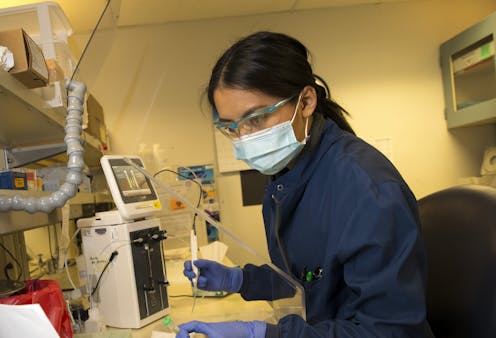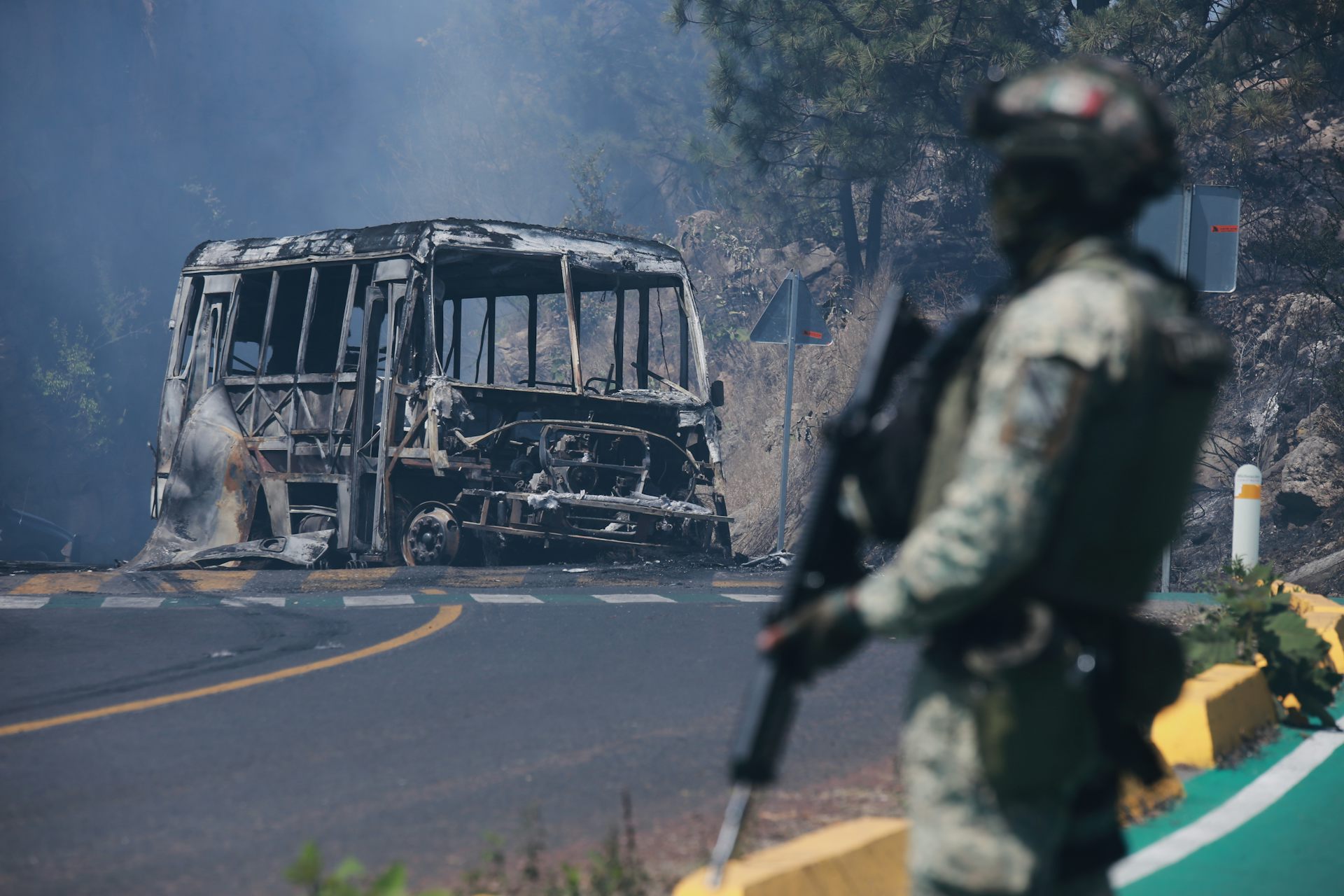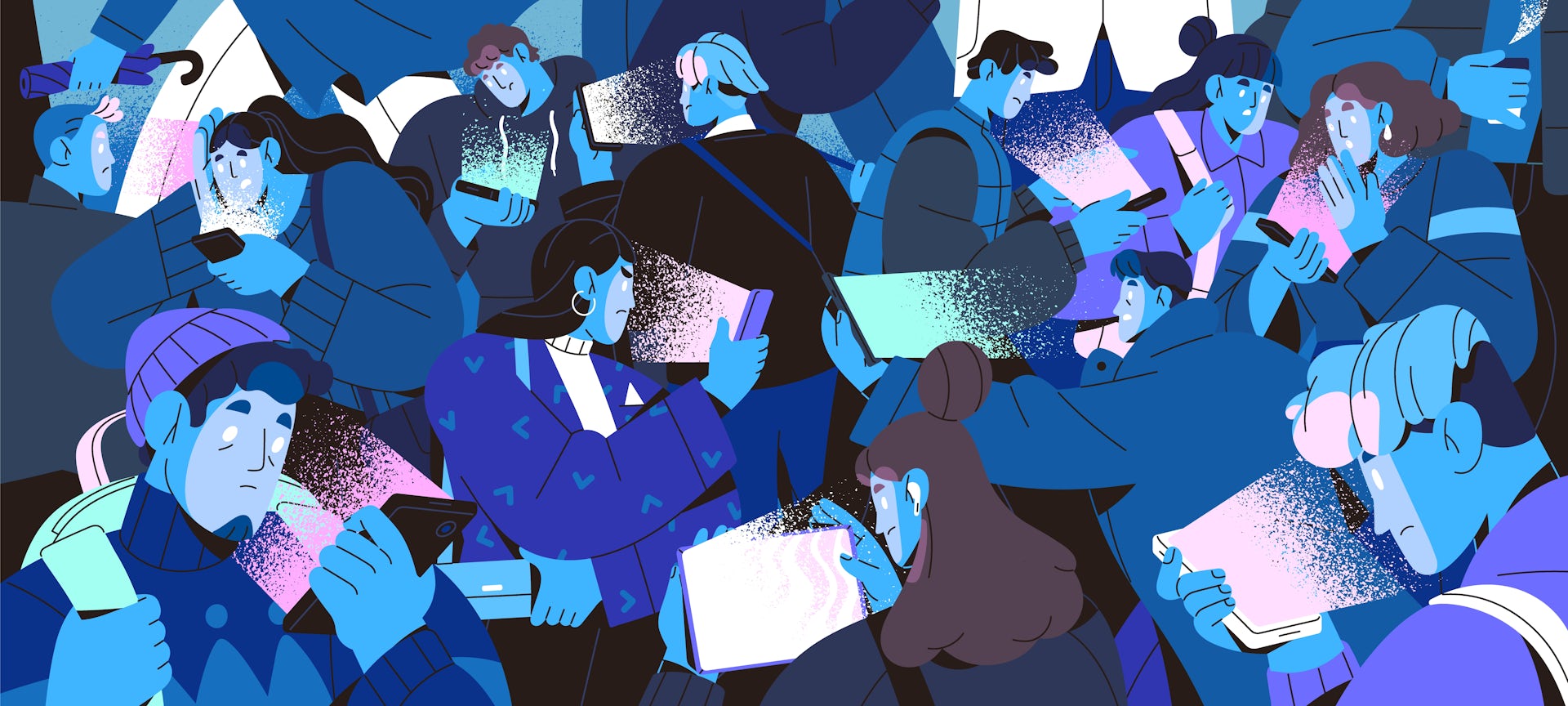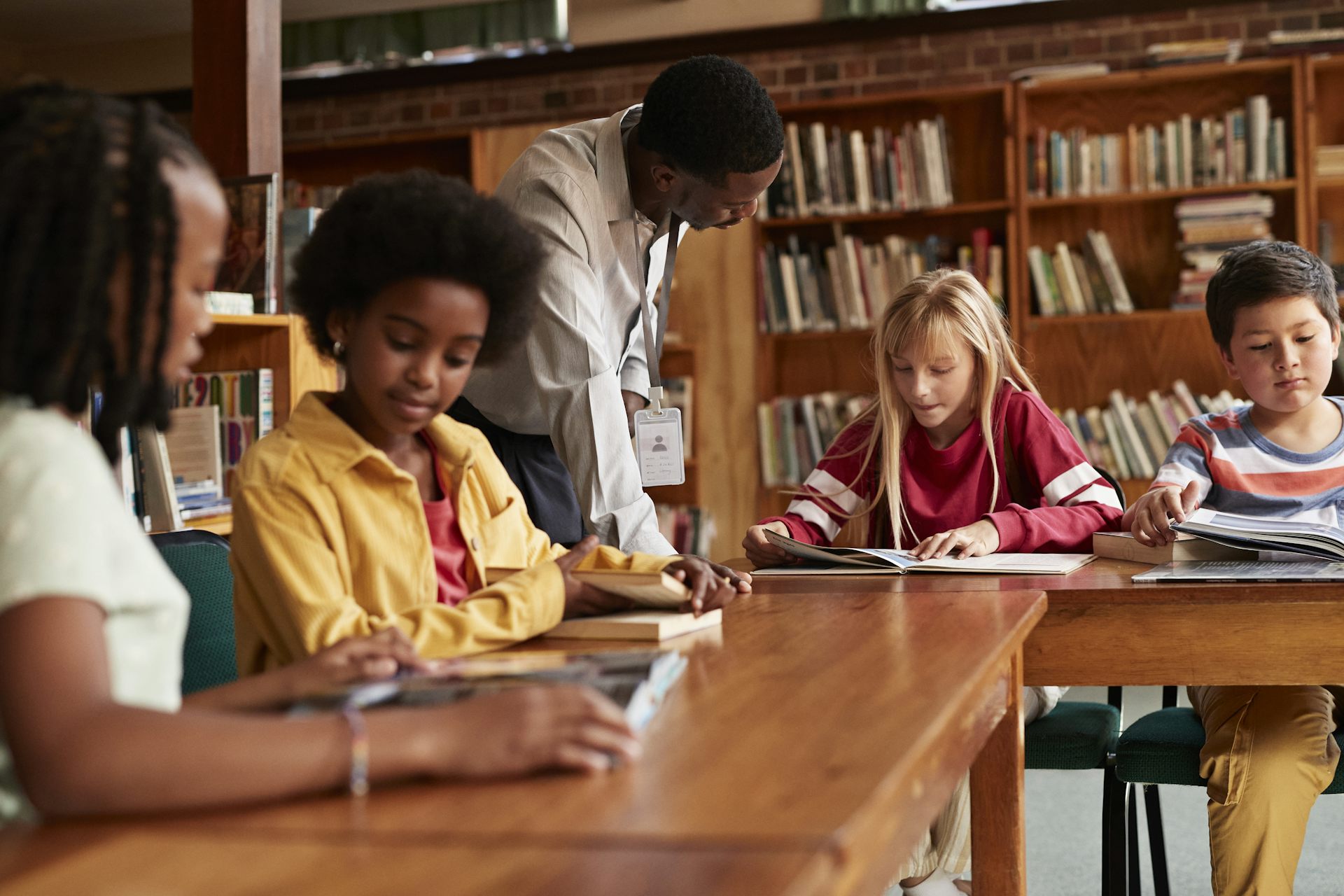5 ways that colleges and universities are pitching in to deal with the coronavirus pandemic
They're conducting research, accommodating testing facilities and turning dorms into quarters for medical professionals while also helping people muddle through hard ethical decisions.

From conducting crucial research regarding the COVID-19 pandemic to transforming student dorms into housing for the sick and quarters for medical personnel, colleges and universities are pitching in to help everyone cope with the new normal.
We research how schools contribute to society in ways that go beyond teaching students. These efforts to serve the common good at the local, state, national and global levels are, in our view, a natural extension of what institutions of higher education do in good times and in bad.
1. Conducting research
University-based researchers are working in the U.S. and around the world to discover and develop treatments and vaccines that might slow or even stop the spread of the new coronavirus. In many cases, they are collaborating in new ways with governments, the private sector and nonprofits.
Scientists and physicians at the federal quarantine facility located at the University of Nebraska Medical Center in Omaha, for example, are using what they’ve learned from past epidemics to quickly create tests, containment protocols and safety measures for health care workers.
The Massachusetts Institute of Technology is similarly using its expertise to engage faculty, students, alumni and others as entrepreneurs motivated by the pandemic to identify problems that need to be solved. Over 50 projects at university labs, home offices and companies are underway, ranging from a tracking system for ventilators to recording cases at the county level – all while trying to match inventors with investors. Many others are innovating at a record pace as well.
2. Sharing data and information
Universities are a key source of accurate, science-based information that can inform policymakers and the public about everything from how to sanitize work spaces to the history of past pandemics.
The Johns Hopkins University Coronavirus Resource Center has become a go-to source for pandemic information. Among other things, the team is regularly tallying up the number of people who have gotten COVID-19 and the total who have died from it.
Many schools, including the University of Wisconsin, the University of Georgia and the University of Washington, are providing local health guidance and information. These schools are helping their communities learn how to cope with isolation and find out where food pantries and testing locations are.
And the Pasteur Institute, a French research center that studies diseases and vaccines, has joined with the University of Pittsburgh to lead a global coalition of universities, biotech firms, government agencies and others. The researchers plan to test drugs that could be useful for treating COVID-19, while changing the way “the world does science together.”
3. Boosting medical personnel
New York University, Tufts, Boston University and other schools are letting some medical students graduate early so they can get to work as quickly as possible. Many school-affiliated hospitals are also asking retired physicians to return to the workforce to deal with the pandemic.
A nationwide COVID-19 National Service Corps, created by students, enables students from medicine, engineering, public health and other fields to volunteer in communities where needed – before they graduate. Meanwhile, other students are finding ways to help their local communities. Northern Arizona University is creating Wi-Fi hotspots for students and families on remote Navajo and Hopi reservations.
Nursing schools across the country are petitioning licensing agencies to relax regulations so students can graduate and join the fight, all while facing the logistical challenges imposed by campus lockdowns. Approved changes in licensing requirements are being made state by state.
4. Putting idle facilities to good use
Universities in Maine, Massachusetts, New York and elsewhere are pitching in by lending their facilities to increase the number of hospital beds available to house patients and provide temporary homes for hospital workers. They are also beginning to make room for new medical services, especially COVID-19 testing sites.
The University of California Irvine, for example, is running a new blood donation center, while the University at Albany has turned over its Colonial Quadrangle parking lot to the state as a drive-through testing site.
Faculty, staff and students are finding many other ways to help, from mixing hand sanitizer in chemistry labs to finding creative ways to produce face shields and other personal protective equipment or simply babysitting the children of health care workers.
And many of the nation’s closed campuses are supporting their students who have nowhere else to go.
5. Offering ethical guidance
University ethicists are developing principles and approaches to help health care professionals make hard choices as the number of people needing care eclipses the health care system’s capacity to provide it.
Faculty at Johns Hopkins have developed a framework for how to ethically decide who should get ventilators amid shortages, for example.
The Hastings Center, a bioethics nonprofit, has drawn on university research to prepare ethical guidance and practical advice. Led by faculty at McMaster University, in Ontario, Canada, it assembled an interdisciplinary team that studied the ethics of pandemic preparedness.
And several U.S. scholars are teaming up to help ensure that medical responses to COVID-19 don’t discriminate against anyone on the basis of their ethnic background, class or disabilities.
[You need to understand the coronavirus pandemic, and we can help. Read The Conversation’s newsletter.]
Genevieve Shaker receives research from the TIAA Institute.
William Plater is a trustee of Antioch University and professor emeritus of Indiana University Purdue University Indianapolis.
Read These Next
Violent aftermath of Mexico’s ‘El Mencho’ killing follows pattern of other high-profile cartel hits
Members of the Jalisco New Generation Cartel have set up roadblocks and attacked property and security…
Crowdfunded generosity isn’t taxable – but IRS regulations haven’t kept up with the growth of mutual
Some Americans are discovering that monetary help they received from friends, neighbors or even strangers…
Algorithms that customize marketing to your phone could also influence your views on warfare
AI systems are getting good at optimizing persuasion in commerce. They are also quietly becoming tools…





